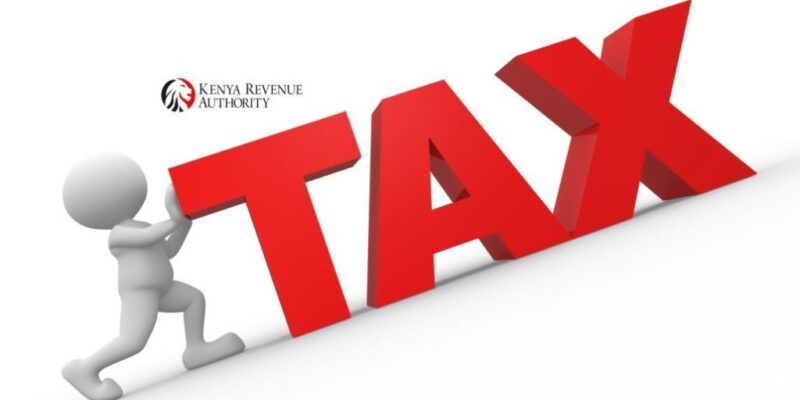Kenya’s taxing body announced the establishment of a new special unit mandated with tracking digital revenues. This, according to the government, is part of a bigger effort to boost tax collection at a time when the economy is still degrading.
The Kenyan Revenue Authority (KRA) said that this new unit would be tasked with facilitating taxpayers in the digital sector in determining and accounting for taxes. Speaking to Business Daily, Caxton Masudi, deputy commissioner in charge of policy and domestic taxes said, “To ensure that the digital market sector pays their fair share of taxes, KRA has set up a dedicated unit to facilitate the taxpayers in this sector in the determination and accounting for taxes.”
“We intend to use transaction tracers through data-driven detection in taxing multinationals as we roll out taxes on digital businesses.”
Technology firms that rely on the internet to operate and sell products will be the main targets of this new tax. This comes after the Treasury Cabinet Secretary Ukur Yatani recently announced the 1.5% levy that will be imposed on digital transactions.
The unit, according to Yatani, will now be responsible with monitoring transactions carried out on digital platforms, a task that has proven to be difficult before. This will also target companies that operate in the country without a presence but still create value and income within KRA’s jurisdiction.
Additionally, CS Yatani is also looking to tax individuals who buy goods and services online after he published draft Value Added Tax (Digital Marketplace Supply) Regulations 2020.
The draft explains that tax will also be applied on digital content that requires one to pay for. Stuff like premium applications, e-books, subscription-based movies and TV shows as well as online gaming will fall victim to the proposed levy.
However, KRA noted that some of these categories will be taxed mainly if they require clients to pay through a Kenyan bank, credit card or mobile money.






Comments